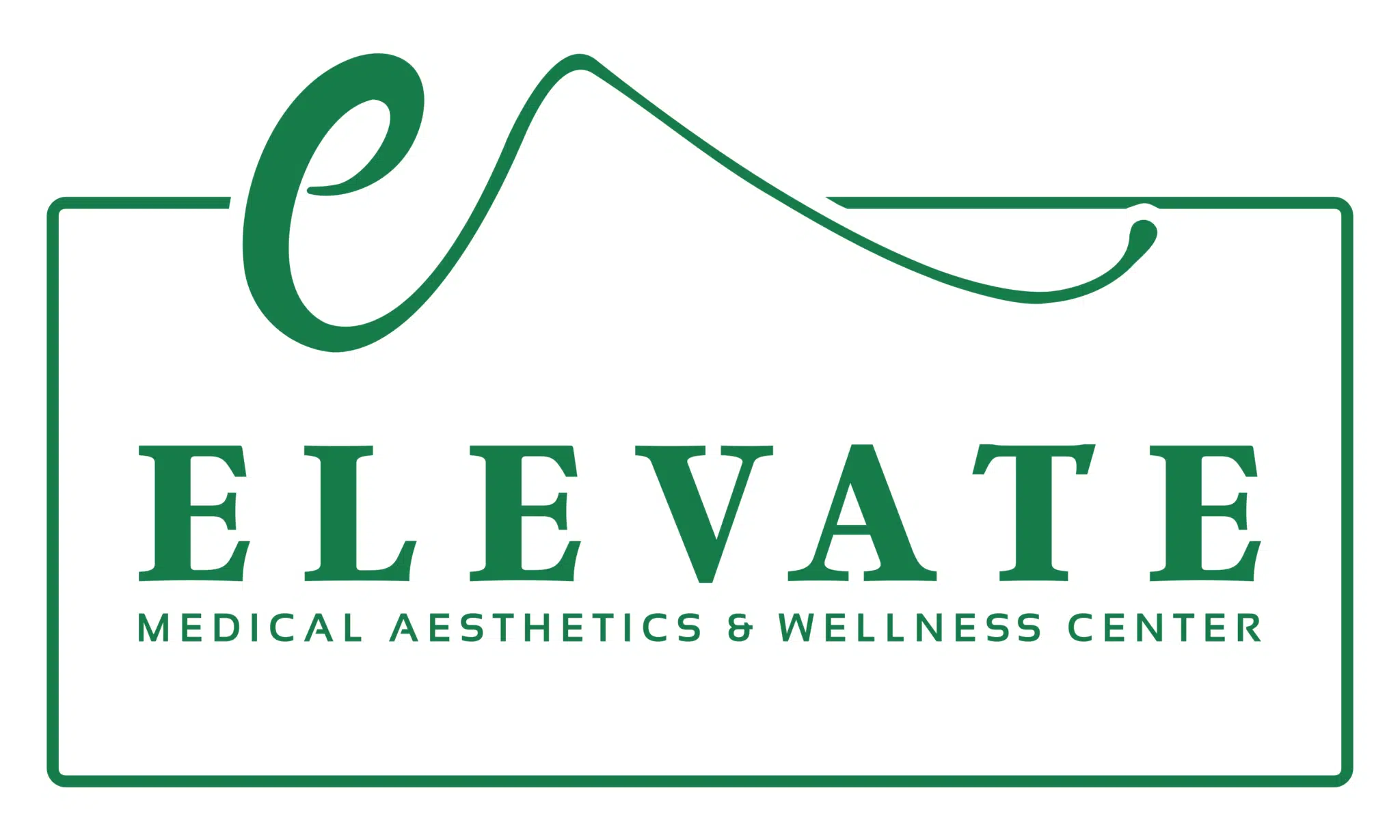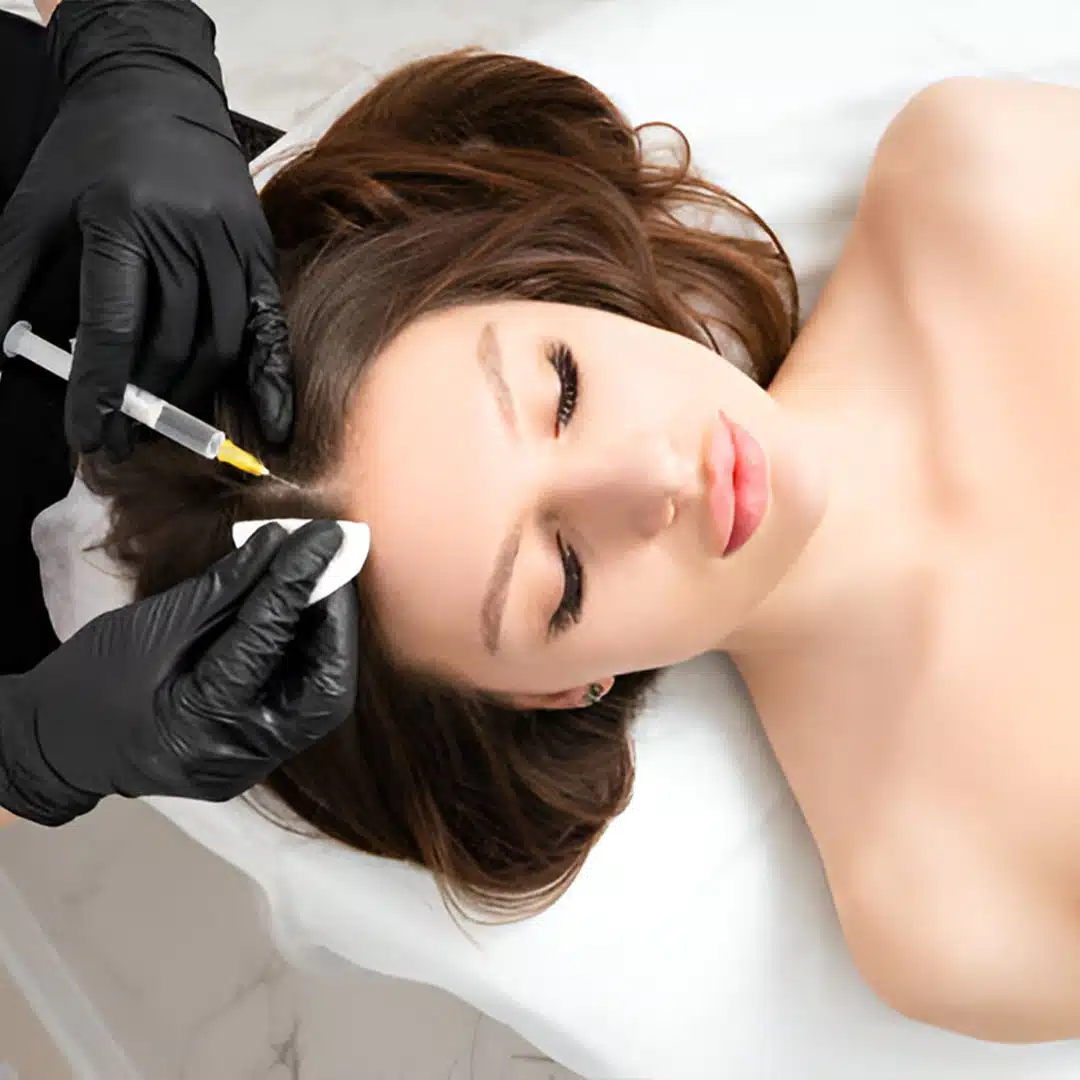Post-Procedure Care
After hair restoration procedures, proper post-care is vital for optimal recovery and results. Patients should follow their surgeon’s specific instructions regarding scalp care, including the recommended washing routine and the use of prescribed topical solutions like minoxidil or PRP treatments. It's common for patients to experience mild discomfort or swelling in the initial days post-surgery. Applying ice packs gently to the affected areas can alleviate swelling.
In addition to physical care, psychological support plays a significant role in the recovery journey. Many patients find it beneficial to take photographs at regular intervals to track their progress and hair growth. Maintaining open communication with healthcare providers is essential for addressing any concerns. Patients should be mindful of potential side effects, such as scarring or changes in hair density, and report these to their physicians promptly.
At Elevate Medical Aesthetics, we proudly serve patients from Havertown, PA, and West Chester, PA, offering compassionate care and expert guidance throughout every stage of the hair restoration process.
Essential Tips for Recovery
Post-procedure recovery is crucial for the success of hair restoration treatments. Patients should keep the scalp clean and dry to promote proper wound healing. Applying a gentle, doctor-approved cleanser can help minimize the risk of infection. Following the medical team's instructions regarding scalp care and avoiding excessive touching or scratching of the treated area will support healing. Patients may also be advised to refrain from vigorous exercise and sun exposure for a few weeks to facilitate recovery.
Managing inflammation is another important aspect of post-operative care. Utilizing cold packs around the treated area can help reduce swelling and discomfort. Patients should also stay well-hydrated and maintain a balanced diet to support healing and overall well-being. If prescribed medication, taking it as directed is essential for managing pain and preventing infection. Communication with the healthcare provider is important if any unexpected symptoms arise, ensuring any complications are addressed promptly.



